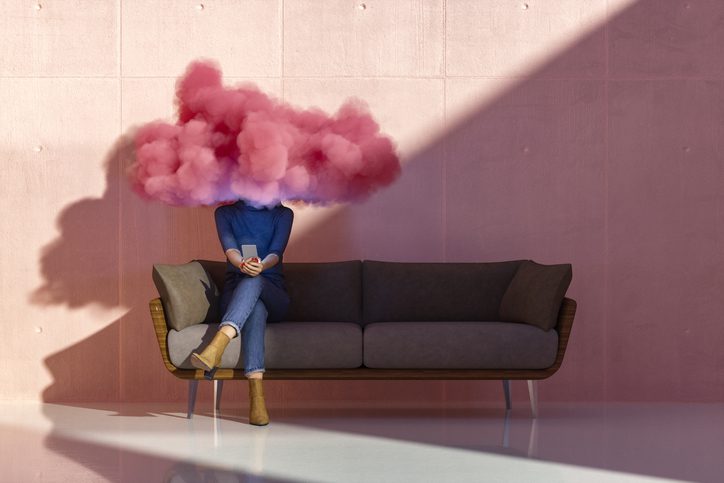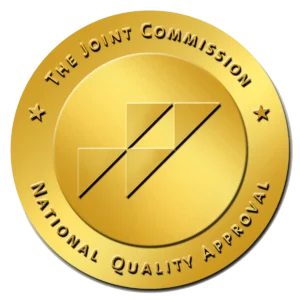You’ve been fighting in a dark, lonely place for years and you just got through the nightmare of withdrawal. Suddenly, you’re in recovery and the world feels bright and full of promise for the first time in forever. If your hope for the future pushes into unrealistic territory, and even risks compromising your long-term recovery, it might be referred to as “pink clouding.” At The Pavilion, we provide medically-monitored detox services for people who are fighting addiction and we want them to have the tools to sustain their recovery through all of the ups and downs they may experience.
Understanding the Pink Cloud
Detox can be brutal, with unpleasant withdrawal symptoms that are often agonizing to experience. Once a person comes through this stage, however, and starts to feel better, they may suddenly feel like they are on top of the world. While “pink cloud syndrome” is not a clinical diagnosis, it is a common phenomenon that many people in recovery have experienced and witnessed in others.
People who have experienced pink clouding describe:
- Euphoria
- Hopefulness
- Positivity and optimism
- Calm, serenity and peace
- Confidence in their ability to stay sober
- Preoccupation with recovery
- Increased awareness of emotions
There’s nothing wrong with being excited about your recovery and it’s normal and healthy to be pleased with your success. You worked hard to get sober, and you have every reason to be proud of yourself and happy with your newfound sobriety. The problem with pink clouding is:
- People tend to get fixated on the positive aspects of recovery and forget about the hard work that was required to get sober and that will be required to stay that way.
- It is easy to get overly confident and make mistakes that can lead to relapse, like skipping recovery groups, not listening to other recovered people because it doesn’t feel possible that a relapse could happen, and ignoring their own self-care needs.
- The euphoria does not last forever and if a person has not been maintaining a solid routine, rooted in recovery, it can be difficult to maintain long-term sobriety when they finally return to reality.
There is not a standard timeframe for pink clouding. Some people feel it within a few days, while others don’t experience it for a few weeks. It can also vary on how long it lasts. It might only be a few weeks, or it could be months. Either way, it does not last forever.
Making the Most of Pink Clouding
A pink cloud does not have to be a red flag. It is possible to use the momentum of this euphoric time to solidify your recovery:
- Look for recovery groups that align with your needs and beliefs
- If you’re utilizing a 12-Step program, start learning about the steps and looking for a sponsor who has been in recovery for a while
- Build your knowledge about the phases of recovery, so that you are better able to recognize your own signs of impending relapse
- Plan for how you will handle challenging times, cravings and pressure from people around you to use again
- Find a therapist who can help you work through any mental health needs you might have
- Start a journal that you can reference during more difficult times, to remind yourself why you got sober and how it’s improved your life
- Focus on achieving small goals that give you a sense of accomplishment and promote your recovery such as finding an exercise routine or hobby you enjoy or prioritizing a healthy sleep schedule
After the Clouds Dissipate
When the pink cloud goes away, some people experience post-acute withdrawal syndrome (PAWS), which can be more severe for people who used substances for a long time or used heavily. PAWS is a normal part of the brain resetting from addiction. It is temporary and can include symptoms like trouble thinking clearly, short-term memory issues, difficult emotions, low energy, or sleep disturbances.
When PAWS hits a person, being able to lean into the healthy coping skills and routines they developed during detox and the pink cloud stage is an important factor in their ability to stay sober. At The Pavilion, in Williamsburg, Virginia, we help our patients to develop long-term recovery strategies that work for their unique situations and needs.






